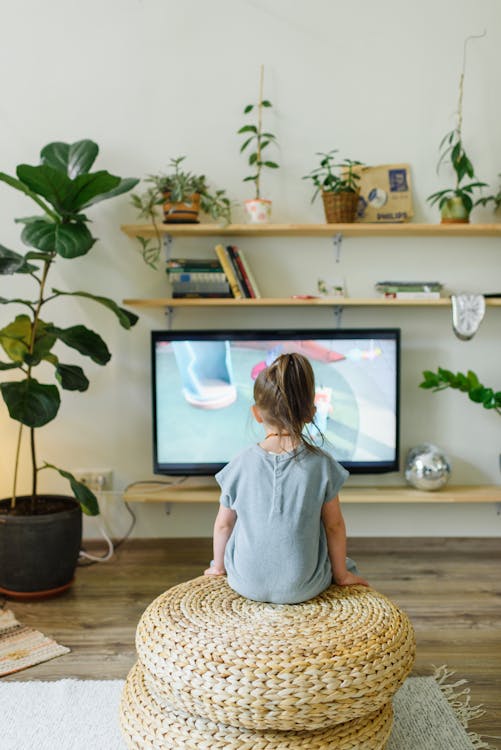😁Korean Level 1, Activity 9: 주말에 뭐해요?/ What Do you Do on the Weekends?

Description:
In this activity, students will practice vocabulary and learn about adjectives. Students will discuss their weekend activities and compare them to other people’s weekend activities. They will make suggestions to their friends to do something together during the weekend using a grammar expression learned in class.
Weekend(주말), hobby(취미), leisure(여가), Kahoot game, Vocabulary practice(단어 연습), plans with friends(친구와의 계획)
NCSSFL-ACTFL World-Readiness Standards:
- Standard 1.1: Students engage in conversations, provide and obtain information, express feelings and emotions, and exchange opinions.
- Standard 1.2: Students understand and interpret written and spoken Korean on a variety of topics.
Idaho State World-Readiness Standards:
- COMM 1.1 – Interact and negotiate meaning (spoken, signed, written conversation) to share information, reactions, feelings, and opinions.
- CLTR 1.2 – Explain the relationship between cultural practices/behaviors and the perspectives that represent the target culture’s view of the world.
NCSSFL-ACTFL Can-Do Statements:
- In my own and other cultures, I can identify some typical practices related to familiar everyday life.
- I can understand the time in a meeting request.
- I can state my favorite free-time activities and those I don’t like.
Materials Needed:
- Projector
- iPad or Computer
- Google Slides
- Kahoot
Warm-Up:
Begin by introducing the Can-Dos for today’s activity.
오늘의 학습목표를 소개하는 것으로 수업을 시작하세요.
Students will practice their vocabulary with Kahoot.
카훗을 이용하여 단어를 연습합니다.
Main Activity:
Students will look at popular weekend activities among Korean people.
한국인이 많이 하는 주말 활동에 대해 알아봅시다.
They will discuss whether they do or not do those activities. They will explain the reason.
어떤 활동을 하고 어떤 활동을 하지 않는지 이야기 합시다. 이유도 말해봅시다.
- A: (Most Korean people watch television during the weekends. Do you watch television as well?)
한국 사람들 대부분은 주말에 티비를 봐요. _____씨도 주말에 티비를 봐요? - B: (No, I do not watch television. I have too much homework.)
아니요, 저는 티비를 못 봐요. 숙제가 많아요.
Using the grammar expression introduced in the class, the students will make suggestions to their friends.
- A: (Let’s watch television together during the weekend!) 주말에 같이 티비 봐요!
- B: (Sounds good. How is 2 o’clock?) 좋아요. 2시 어때요?
- A: (That works for me. I will see you at 2 then.) 괜찮아요. 그럼 2시에 봐요.
Wrap-Up:
Wrap-up questions (Pick a few you’d like to ask):
- What activities do you not want to do during the weekend?
- 주말에 하기 싫은 일은 뭐예요?
End of Activity:
- Read Can-Do statements once more and have students evaluate their confidence.
- (Use thumbs up/thumbs down or download our student cards.)
- Encourage students to be honest in their self-evaluation.
- Pay attention, and try to use feedback for future labs!
NCSSFL-ACTFL Can-Do Statements:
- In my own and other cultures, I can identify some typical practices related to familiar everyday life.
- I can understand the time in a meeting request.
- I can state my favorite free-time activities and those I don’t like.

